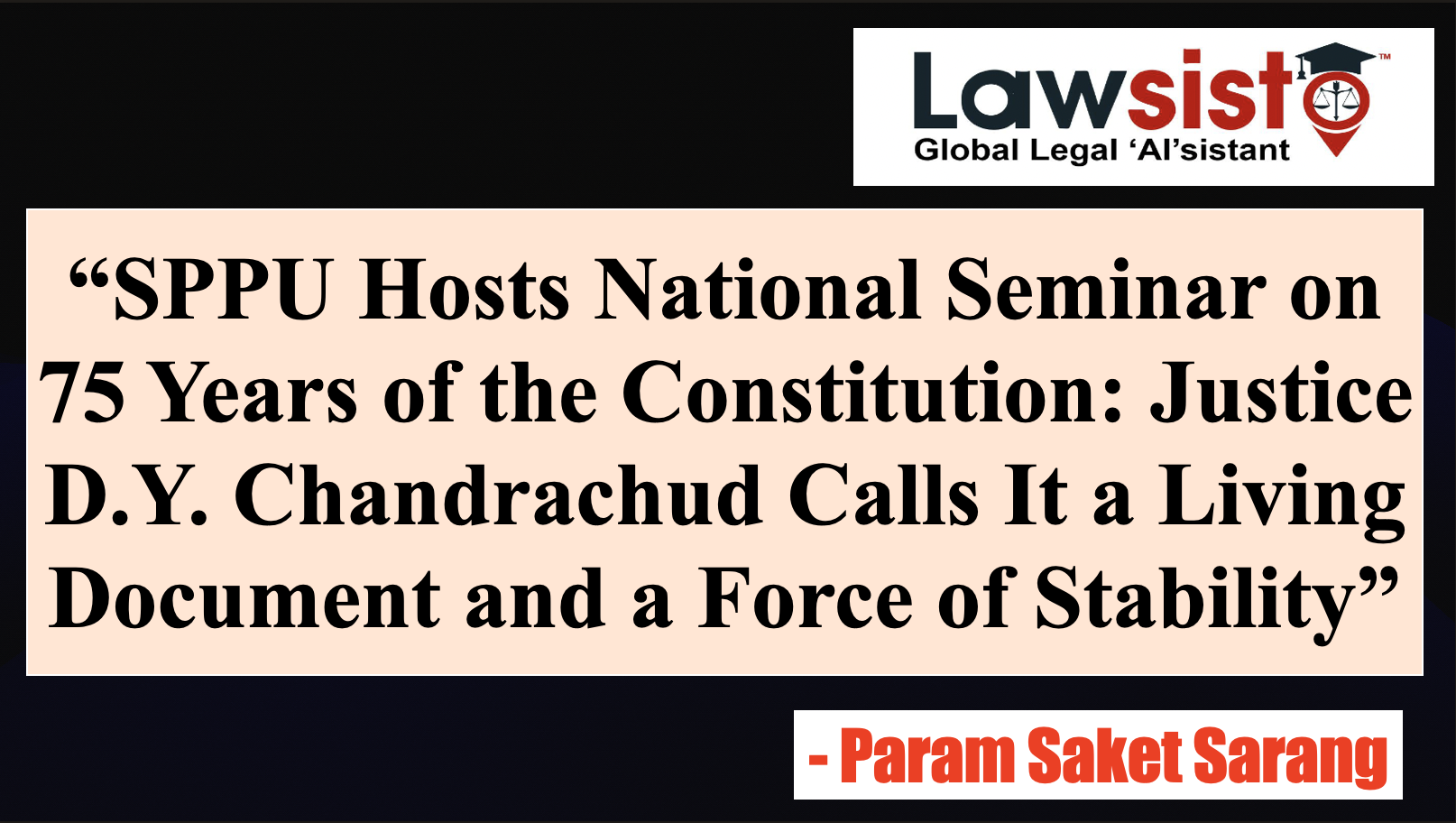Latest Articles
The United Nations Rules for the Protection of Juveniles Deprived of their Liberty, 1990

The United Nations Rules for the Protection of Juveniles Deprived of their Liberty, 1990
The United Nations Convention on the Rights of the Child or the UNCRC (1989) was the first international instrument to adopt a coherent child rights approach to the international legal regulation of the deprivation of liberty for children. It operates as an umbrella for a set of three rules concerning child justice. They are:-
- The United Nations Guidelines for the Administration of Juvenile Delinquency (the Riyadh Guidelines),
- The United Nations Standard Minimum Rules for the Protection of Juvenile Justice (the Beijing Rules), and
- The United Nations Rules for the Protection of Juveniles Deprived of their Liberty.
The United Nations Rules for the Protection of Juveniles Deprived of their Liberty are not only applicable to juvenile justice institutions but apply to deprivations of liberty on the basis of the children's welfare and health. According to the United Nations Rules for the Protection of Juveniles Deprived of their Liberty, imprisonment should be used to the last resort. The United Nations Rules for the Protection of Juveniles Deprived of their Liberty establishes minimum standards in all forms, consistent with human rights and fundamental freedoms, and with a view to counteract the harmful effects of all types of detention and to foster integration in society. The United Nations Rules for the Protection of Juveniles Deprived of their Liberty should be applied without discrimination of any kind as to race, colour, sex, age, language, nationality,religion, political or other opinion, cultural beliefs or practices, birth or family status, property, ethnic or social origin, and disability. The beliefs, practices and moral concepts of the juveniles should be respected.
The Rules as laid in United Nations Rules for the Protection of Juveniles Deprived of their Liberty should be made available to juvenile justice in their national languages. Juveniles who are not fluent in the language spoken should have the right to the services of an interpreter free of charge whenever necessary. Especially during medical examinations and disciplinary proceedings. Where appropriate, States should incorporate the United Nations Rules for the Protection of Juveniles Deprived of their Liberty into their legislation or amend it accordingly and provide effective remedies for their breach. This includes compensation when injuries are inflicted on juveniles. Also states should monitor the application of the Rules.
The United Nations Rules for the Protection of Juveniles Deprived of their Liberty are applied to every person under the age of 18. Any form of detention or imprisonment or the placement of a person in a public or private custodial setting, from which this person is not permitted to leave at will, by order of any judicial, administrative or other public authority is considered as deprivation of liberty.
Juveniles under trial should have the right of legal counsel and be enabled to apply for free legal aid, where such aid is available, and to communicate regularly with their legal advisers. They should be provided with opportunities to pursue work, with remuneration, and continue education or training, but should not be required to do so. Juveniles should receive and retain materials for their leisure and recreation with the interests of the administration of justice.
















































































































































































































































































































































































































































